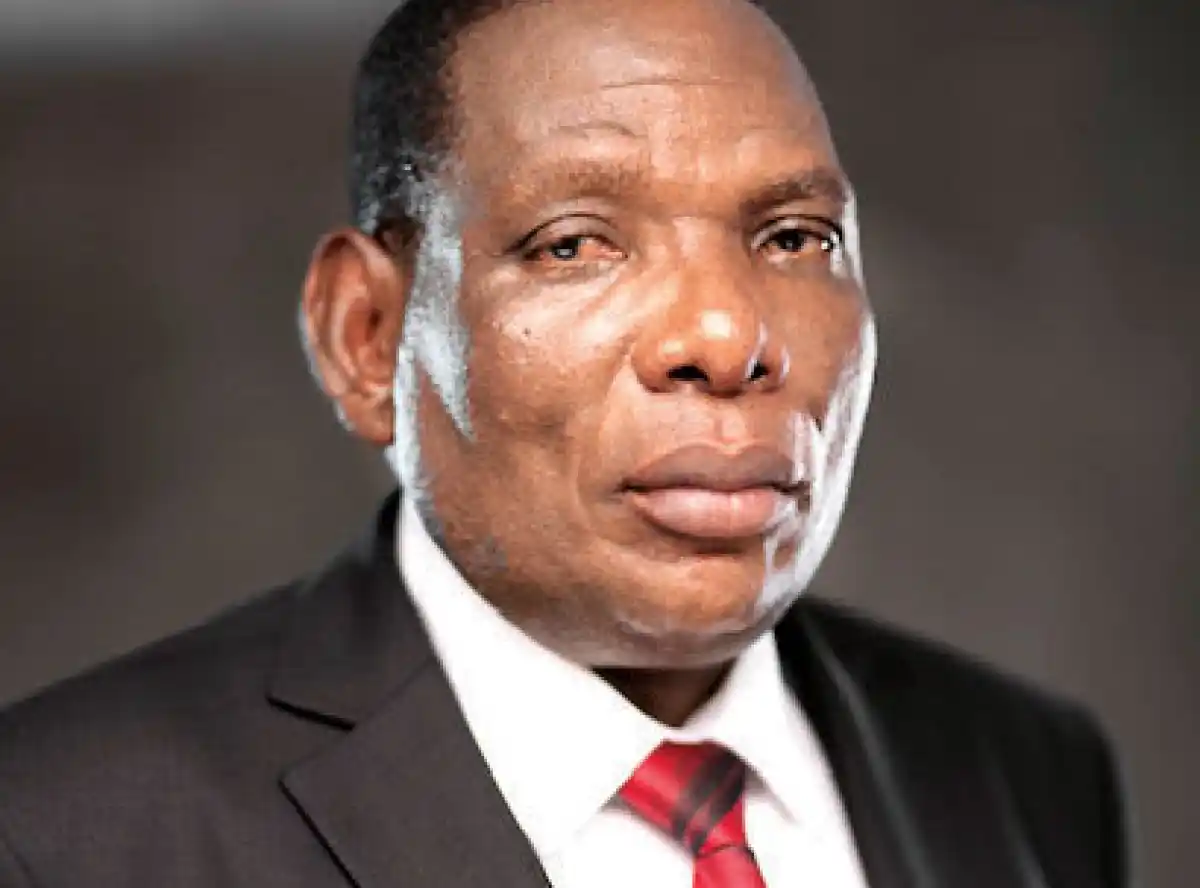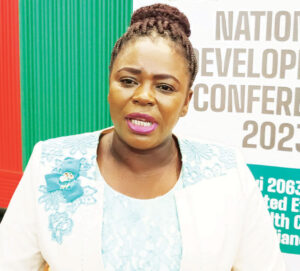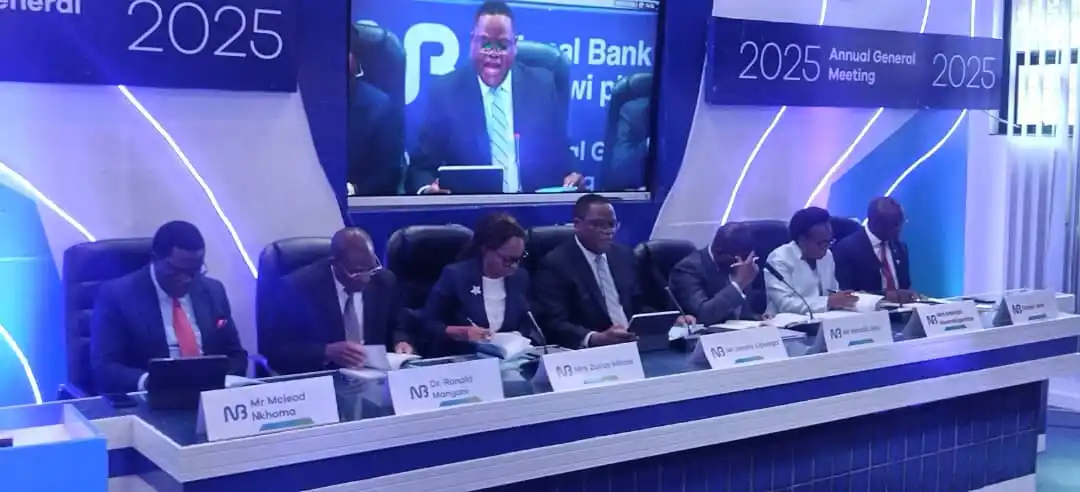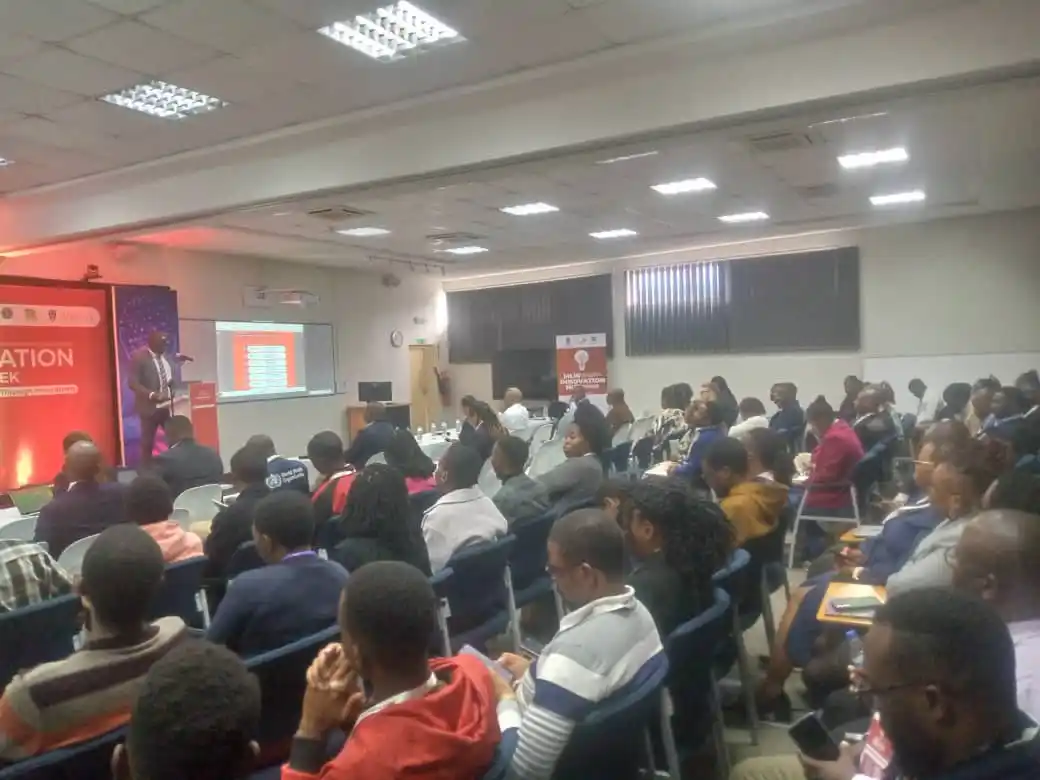
By Kingsley Jassi:
Members of the Budget and Finance Committee have admitted that Parliament is weak to play its oversight role on budget processes.
They say this leads to expenditure overruns and high deficits that continue to dampen the economic performance of the country.
During a recent interface with Economics Association of Malawi (Ecama) members, some lawmakers also revealed that they had minimal understanding of the budget, just like others in the august House, hence the need for capacity building to ensure they play their role effectively.
There were also concerns by some members of the committee that they had limited input in the budget process—from the budget framework to implementation—hence giving free space to the finance minister to control the budget with limited checks and balances.
However, during the interface, former finance minister Joseph Mwanamvekha said parliament was also complicit to the bad budgeting that leads to the high rate of borrowing.
He said it happens with the full authorisation of the whole House, which often does not check on the end effects.
“When the minister of finance borrows, it is because he has been authorised to do so. Maybe the minister of finance is given too much freedom because he can borrow without seeking Parliament’s approval through Treasury bills, Treasury notes, ways and means—all that is a form of borrowing,” Mwanamvekha said.
He referred to deficit budgets which Parliament passes.
They [deficit budgets] allow the minister to borrow from the domestic market to finance the deficit, contributing heavily to the debt situation.
Mwanamvekha, therefore, suggested that there should be a review of the law to remove the Appropriation Bill provision that regularises spending that has already been done to ensure that even domestic borrowing is approved first before the Treasury goes on the financial market to borrow.

However, according to chairperson for Budget and Finance Committee, Gladys Ganda, the current legal instruments— notably the Public Finance Management Act, Open Parliament Treaty and others—provide for such prior scrutiny.
She, however, admitted that there was some laxity on the part of the lawmakers in scrutinising the budget and raising necessary issues.
She further pointed out that the Legislature, through her committee, was not given its rightful space to scrutinise the budget, as is provided for in the laws, before the budget is tabled in Parliament.
Ganda said the other missing aspect was ongoing quarterly engagement to monitor implementation of the budget.
“We are a legislative arm of the government and we have a role to play, according to the law. Maybe there are some gaps in the law and we need to make amendments to the laws,” Ganda said.
On her part, Oxfam Country Director Lingalireni Mihowa, whose organisation financed the activity, said it was critical for parliamentarians to be acquainted with budget insights and processes to ensure they play their oversight role effectively.
She agreed with the call for lawmakers’ capacity building, saying, looking at the direction the economy was taking, there was a need to have a responsive budget to induce productivity instead of plunging further into debt as is the current state. Mihowa challenged legislators to be on the lookout for what is passed as fiscal policy.
This is not the first time Parliament has been put in the spotlight on the issue of its oversight role. Recently, economist Winfred Masangala raised a similar concern when he sensitised members of the Budget and Finance Committee to issues such as public debt, challenging them to rise to the occasion and control borrowing by the Treasury.
He said they could do so by using existing legal provisions.
At mid-year, the 2024-25 budget has shown some slippages and registered revenue under performance, which have worsened the country’s debt situation.








0 Comments